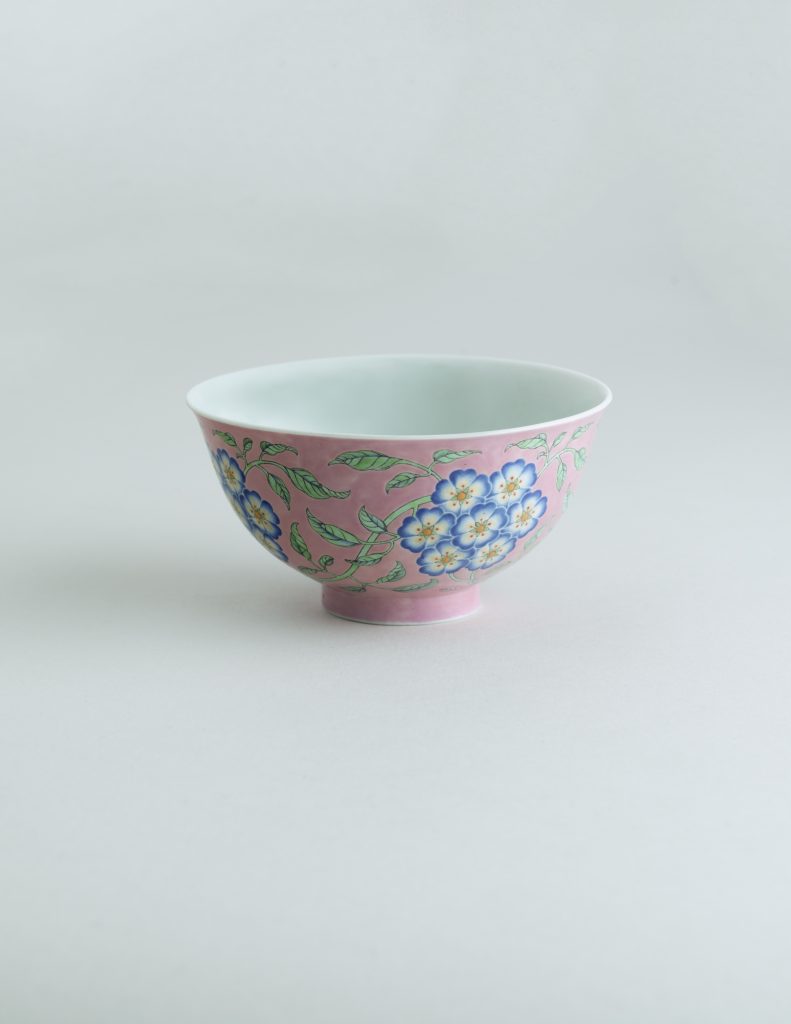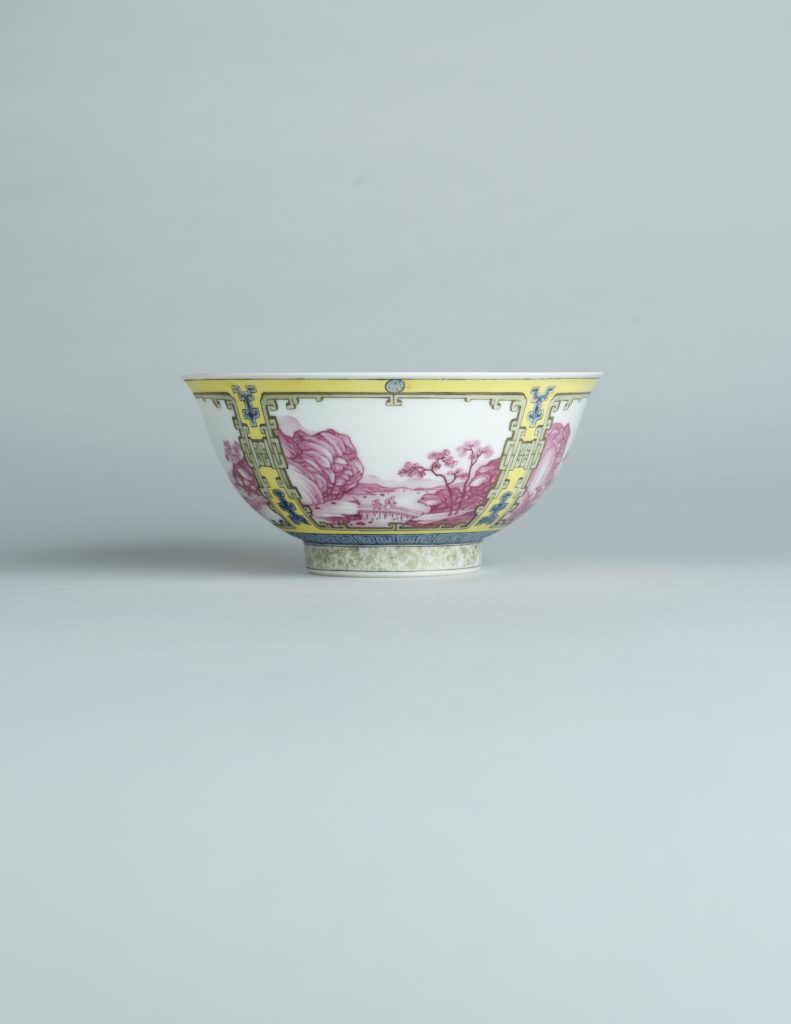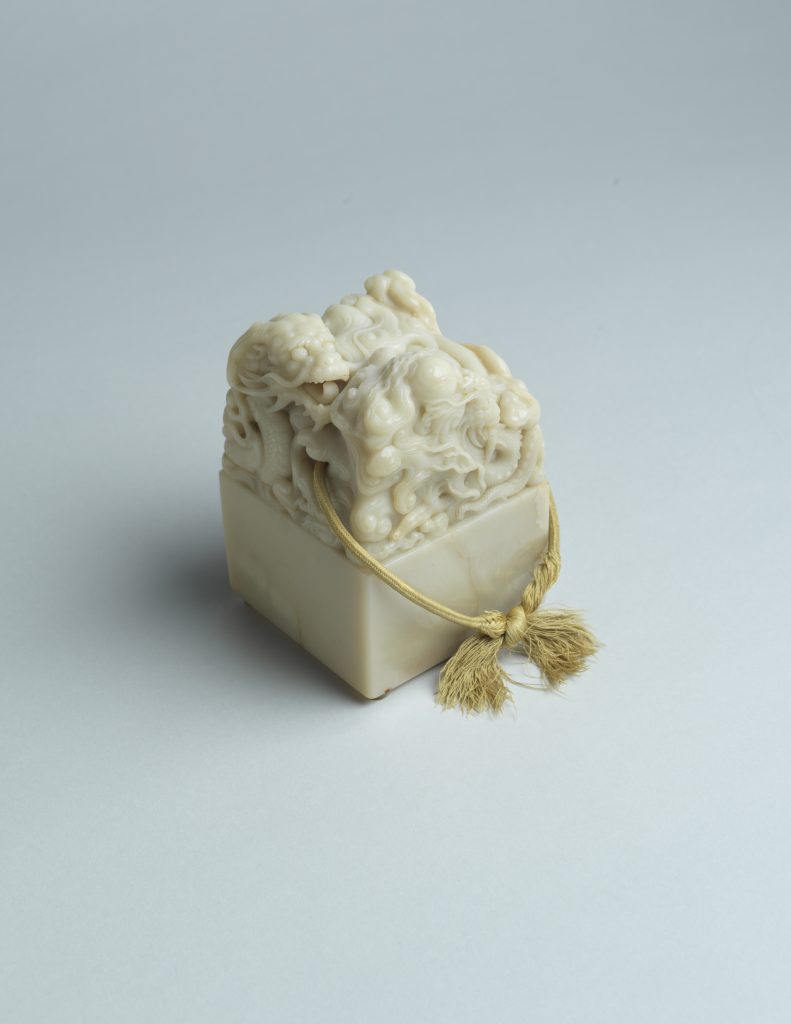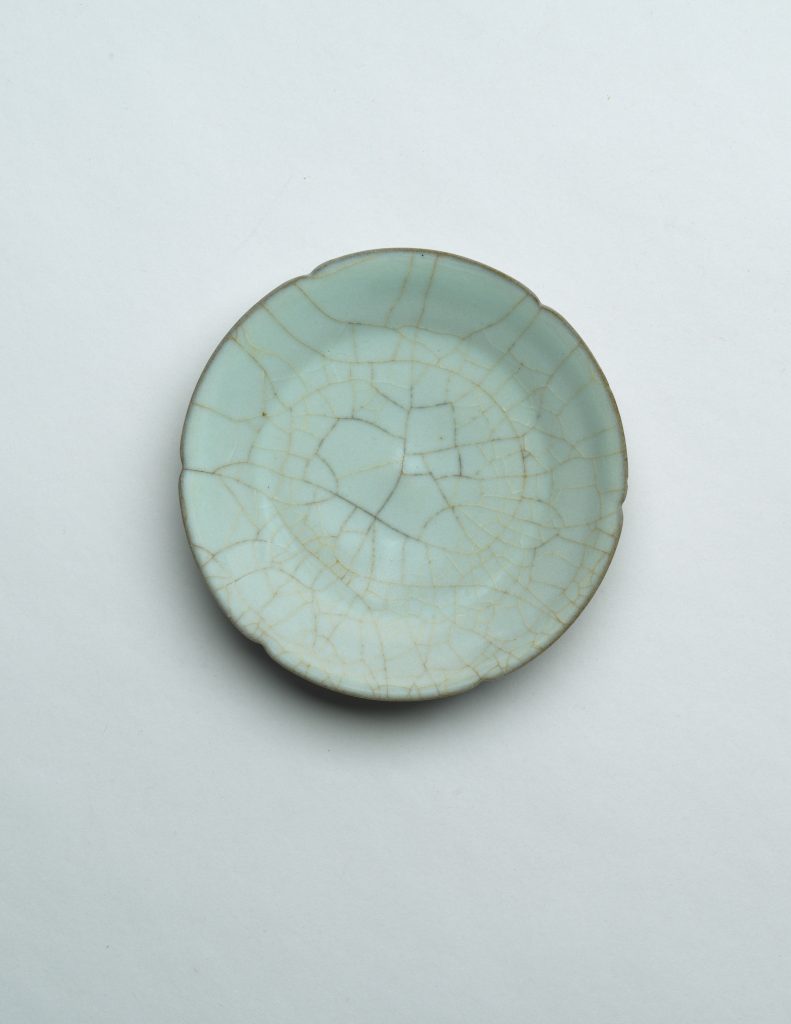CELEBRATING 50 YEARS OF EXHIBITIONS AT ESKENAZI
Five masterpieces on loan from a private family collection
27 October 2022 to 3 February 2023
London – From 27 October 2022 to 3 February 2023, Eskenazi will commemorate 50 years of exhibitions with a show of five masterpieces of Chinese art on loan from a private family collection, all of which were acquired through the gallery over the past decades.
Each of the five objects is amongst the finest of their type known to exist; four are imperial wares, including a seal almost certainly used by the Kangxi emperor himself on paintings he considered to be treasures. Representing high points of Chinese artistic creativity in the Song, Yuan and Qing periods, the exhibition presents the opportunity to admire rarely seen masterpieces of Chinese art from each of these dynasties.
Giuseppe Eskenazi and his father opened an office in London in 1960; however, it was not until 1972 that the business moved to a gallery at Foxglove House in Piccadilly designed by John Prizeman (1930-1992), past president of the Royal Institute of British Architects, and purpose-built to show themed exhibitions. In 1993, Eskenazi moved to a six-floor gallery on Clifford Street in Mayfair designed by Jon Bannenberg (1929-2002), the legendary yacht designer. This has since been the venue for the company’s annual autumn themed exhibitions which this year celebrate their 50th anniversary, and which have always been eagerly anticipated for the rarity and beauty of the objects offered.
Since Early Chinese ceramics and works of art opened at Foxglove House on 1 March 1972, Eskenazi has mounted almost one hundred exhibitions, including fourteen in New York between 1997 and 2011, each accompanied by an illustrated catalogue. The gallery has been long regarded as the world’s most respected dealer in Chinese and East Asian works of art, selling important pieces to over eighty of the world’s major museums, and to many of the most notable private collectors of the past six decades.
The objects included in this commemorative exhibition are:

A pink-ground falangcai porcelain ‘primula’ bowl
Qing dynasty, Kangxi four-character blue-enamelled yuzhi mark and of the period, 1662-1722, diameter: 13.3cm
Unseen in public for the last 25 years, this extremely rare and finely potted bowl with its distinctive gold-derived pink enamelled ground is amongst the most ambitious to have been created in the imperial workshops of the Kangxi Emperor (r. 1662-1722) whose mark is inscribed in blue enamel. It was formerly in the collection of Sir Percival David (1892-1964) who assembled one of the finest collections of Chinese ceramics, much of which can now be seen in the British Museum. It was subsequently in the celebrated collection of T.T. Tsui (1941-2010) and was acquired by Eskenazi in 1997.

A yellow-ground falangcai porcelain ‘landscape’ bowl
Qing dynasty , Qianlong four-character blue-enamelled mark and of the period, 1736-1795, diameter: 15.0cm
Another rare imperial Qing bowl which been unseen for the last 25 years, this magnificent example is decorated with landscape scenes in ruby-pink enamel and carries the blue- enamelled mark of the Qianlong emperor (r. 1736-1795). Formerly the property of American collectors Paul and Helen Bernat, it was offered at auction in Hong Kong in 1997 from the collection of Takashi Endo where it was acquired by Eskenazi.
A rare and important blue and white porcelain ‘Guiguzi xia shan’ guan jar Yuan dynasty, 1271-1368, height: 27.5cm
This unique jar represents the apex of blue and white porcelain production begun during the Yuan dynasty (1271-1368) and is one of a very small group of such jars decorated with narrative scenes. It appeared at auction in 2005 having been discovered in a private collection and was acquired by Eskenazi for a then world-record price for any Asian work of art. It has since been exhibited at the The World of Khubilai Khan, Chinese Art in the Yuan Dynasty at the Metropolitan Museum of Art, New York (2010) and at the landmark exhibition Splendors in Smalt: Art of Yuan Blue-and-white Porcelain held at the Shanghai Museum (2012-13).

An important imperial steatite seal
Qing dynasty, Kangxi period, 1662-1722, height: 14.0cm, 9.9cm square
This imperial seal of the Kangxi Emperor (r. 1662-1722) retains its original lacquer box which is embellished on each side with a raised cartouche containing a pair of scrolling archaistic dragons highlighted in gilt. Almost certainly grasped and used by the emperor himself, an impression of the seal is contained in Kangxi baosou (A Collection of the Kangxi Emperor’s Seals) which was initiated in 1781 by command of his grandson, the Qianlong emperor, and which records the personal seals of his forebear. It appeared at auction in France in 2008 having been discovered in a private collection and was acquired by Eskenazi for a then world-record price for a Chinese seal.

A glazed stoneware dish
Southern Song period (1127-1279), Guan ware, Hangzhou kilns, Zhejiang province, diameter:14.6cm
Created in the imperial Hangzhou kilns, this impressive blue-green- glazed stoneware dish was formerly in the celebrated collections of Edward T. Chow (1910-1980) and J. M. Hu (1911-1995). It was included in Eskenazi’s exhibition Song Chinese ceramics 10th to 13th century (part 3) in 2007.
The gallery will host an evening opening for the exhibition on Monday 7 November from 5pm to 9pm.
This autumn exhibition coincides with the 25th edition of Asian Art in London (20 October to 5 November 2022), the annual event that unites London’s Asian art dealers, major auction houses and societies in a series of selling exhibitions, auctions, receptions, and seminars.
Visit www.asianartinlondon.com for more information.
|
|







